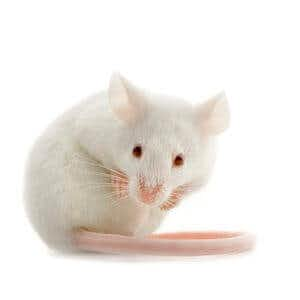
Nonsteroidal anti-inflammatory drugs are taken by millions of people every day to treat pain and inflammation due to problems such as arthritis, bursitis or tendinitis. Such NSAIDs include diclofenac, ibuprofen and naproxen.
NSAIDs Affect the Digestive Tract:
Medications like ibuprofen or naproxen should be used with caution because they can be irritating to the lining of the digestive tract. Many ulcers can be traced to the use of an NSAID for an extended period of time. This complication has been known for so long that it seems people barely pay any attention to it any longer, but it is still a serious reaction that can be life-threatening.
Disturbing the Balance of Bacteria in the Intestines:
A study in mice now suggests that such drugs may change the balance of bacteria in the digestive tract. The mice were given indomethacin, a first-generation NSAID, at doses that were comparable to those people might take.
The drug did lead to damage in the lining of the small intestine. It also altered the variety of intestinal bacteria the mice hosted. Scientists believe that the bacterial communities of the digestive tract help to maintain the structural integrity of its lining. This may help explain why NSAIDs so often cause damage there.
Boosting Inflammation in the Intestines:
Paradoxically, the anti-inflammatory drugs lead to more pro-inflammatory bacteria in the gut by increasing the ratio of Firmicutes to Bacteroidetes. Another worrisome conclusion from this research is that when the bacterial ecology of the intestines changes, the metabolism of this drug and possibly others is affected.
One conclusion that might be drawn is that NSAIDs such as Aleve or Motrin should not be used unless they are necessary. The scientists found that a single dose of indomethacin disrupted the balance of bacteria in the intestines of the experimental mice. Using non-drug approaches to pain relief when appropriate could help protect humans from unwanted intestinal inflammation.

